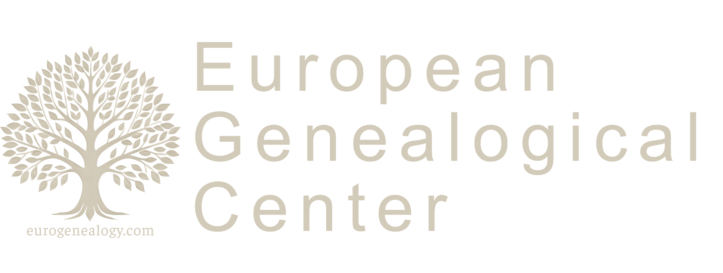French genealogical research: exploring ancestors & confirming national origins
Discover your ancestry dating back to the 16th century
Archival search and family history research in France
Exploring your family history in France opens a richly layered window into Europe’s political, religious, and cultural past. As a nation at the crossroads of Latin, Germanic, and Celtic influences, France has absorbed centuries of shifting borders, dynastic change, and regional identity. From the duchies of the Middle Ages to the revolution and rise of the Republic, each period left behind extensive and often detailed archival records. French genealogy benefits from one of the oldest and most centralized recordkeeping traditions in Europe, offering researchers access to vital records dating back to the 16th century — and in some areas, even earlier. The diversity of France’s historical provinces — from Normandy and Alsace to Gascony and Corsica — further enriches the genealogical landscape with regional customs and linguistic features. At the European Genealogical Center, we assist clients in navigating this wealth of historical material to reconstruct lineages, uncover family origins, and bring to life forgotten ancestors across all regions of France, from Brittany to Provence and beyond.
Many clients turn to our team not only to uncover their French roots, but also to obtain documentation needed for official procedures — such as confirming descent for citizenship, preparing dossiers for repatriation, or reclaiming family property. We conduct detailed archival research throughout France, working with national, departmental, municipal, and ecclesiastical archives. Our team retrieves lost or hard-to-access records, issues certified extracts and transcripts that meet legal standards, and provides multilingual documentation for use in international legal proceedings. Whether you’re establishing proof of ancestry for legal purposes or preserving a family legacy, we create custom genealogical reports and historical family books that include archival material, commentary, maps, and photographs. Mastery of Latin, French, and regional dialects — such as Occitan, Breton, Alsatian, or Provençal — is essential for interpreting records, especially those created before the 19th century. Our expertise ensures the highest level of accuracy in historical research.
Sources of genealogical research in France
In our research across France, we consult a wide array of historical sources, ranging from parish registers to civil records. Baptisms, marriages, burials, and confirmations were recorded in Catholic and Protestant churches — primarily in Latin until the French Revolution. After 1792, civil records replaced religious registries, introducing more standardized and informative documentation kept in French and overseen by local municipal authorities. These documents typically include names of parents, occupations, witnesses, and occasionally details on place of origin, migration, or residence, as well as specific local events. Church and civil records remain the foundation of genealogical research, but are often supported by notarial archives, inheritance documents, marriage contracts, and local legal proceedings. In border regions historically affected by foreign rule, records may also appear in German, Spanish, or Italian, depending on the period and jurisdiction. The volume and continuity of such sources allow for deep and rich reconstructions of ancestral narratives, spanning multiple generations and offering insight into both personal, social, cultural, and regional histories.


Beyond vital records, we investigate complementary archives that enrich genealogical depth and biographical clarity. Among the most valuable are census returns (taken every five years since the 19th century), military conscription records, land surveys, tax assessments, and employment or school records. Immigration and emigration files — particularly for those who left France in the 19th and 20th centuries — often provide key clues about cross-border movement and migration patterns. We also explore architectural plans, cadastral maps, and court documents that illuminate the environments in which ancestors lived and worked, offering insights into their daily lives, professions, and social status. Additionally, we examine personal letters, diaries, wills, and probate records, which often reveal intimate details about familial relationships and individual personalities. Every project is approached with linguistic precision, historical sensitivity, and regional awareness, allowing us to bring each French family story to life with accuracy, depth, and care, ensuring a well-rounded understanding of the ancestral narrative.
Neighboring countries where we conduct research
Examples of our research
Below you can review examples of research reports received by our customers:
Prices for genealogical services in France
You can find a detailed price list and description of all services of European Genealogical Center here
Prices for genealogical services in France
Genealogical research
From €1500
Tracing family history back to the 17th century
Biographical search
From €800 to €2000
Establishing the life story of an individual and their close relatives
Nationality confirmation
From €500 to €1500
Identifying details about a person’s ethnic origin
Document search
From €200 to €1200
Obtaining certificates, parish registers, and civil registry records
Family history book
From €2500
Creating a unique publication describing the genus history
Family history website
From €2000
Development of a personal website dedicated to your family’s history
Submit a request, and we will contact you shortly
You can also reach us directly by sending an email to: european.genealogical.center@gmail.com or writing to us in Telegram

european.genealogical.center@gmail.com
© 2025
All rights reserved
All rights reserved
Contact us:

